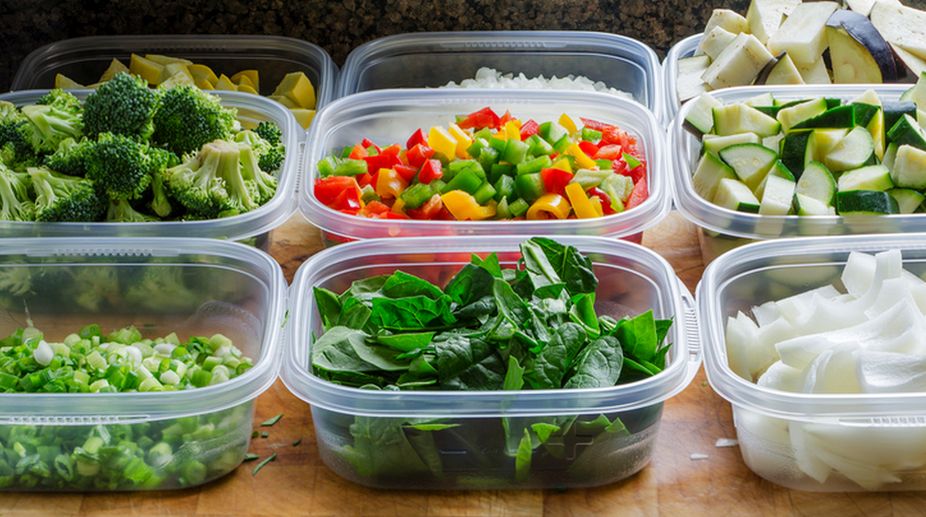When efforts are being made to reduce wastage of perishable commodities by boosting cold chain system, an Indian company has introduced “Black Box” technology, which can ensure preservation of any agriculture commodity for 1,000 days.
Saahil Peerzada and Sachin Adhikari of Viztar Agritech have tied up with Spain-based Nice Fruits to offer new technology in cold storage plants in the Indian subcontinent, with the first two to become operational in Hyderabad in the next seven months.
Advertisement
“The Black Box is an unique technology and is developed by scientists in Spain. It can be easily set up in any factory or plant. In normal cold storage, nitrogen is used. However, in ‘Black Box’ system there will be neither nitrogen nor any preservative. The stored commodities will have their natural content, nutrition value intact for 1,000 days,” Peerzada told IANS.
“Be it fruits, vegetables or meat, anything can be kept fresh for 1,000 days using ‘Black Box’.”
Peerzada said the technology was tried and tested worldwide and it was patented in the US.
Peerzada’s company will be technology and well as equity partners in these cold storage plants to be set up in the Indian Subcontinent.
“We have tied up with Hindustan LNG to set up two such storage plants in Hyderabad,” he said.
Subsequently, similar plats will be set up in Maharashtra for mangoes and in Uttar Pradesh.
Talking about the benefits of the technology, Peerzada claimed that returns to farmers will increase four-fold.
“Farmers are forced to throw their produce on the road after prices go down. They cannot store it due lack of proper preservation and storage facilities. With our technology, farmers will not be required to go to markets and sell their produce at modest price. They can come to us and get four times the price,” Peerzada said.
He said that cold storage factories will store agriculture produces from farmers and export them “on their own terms”.
“It will be win-win situation for both farmers and traders. Also, it will help the country in getting more foreign exchange,” Peerzada said.
Initially, the capacity of these storage will be 30 tonnes per day, which will be increased to 1,000 tonnes per day later, he said.











